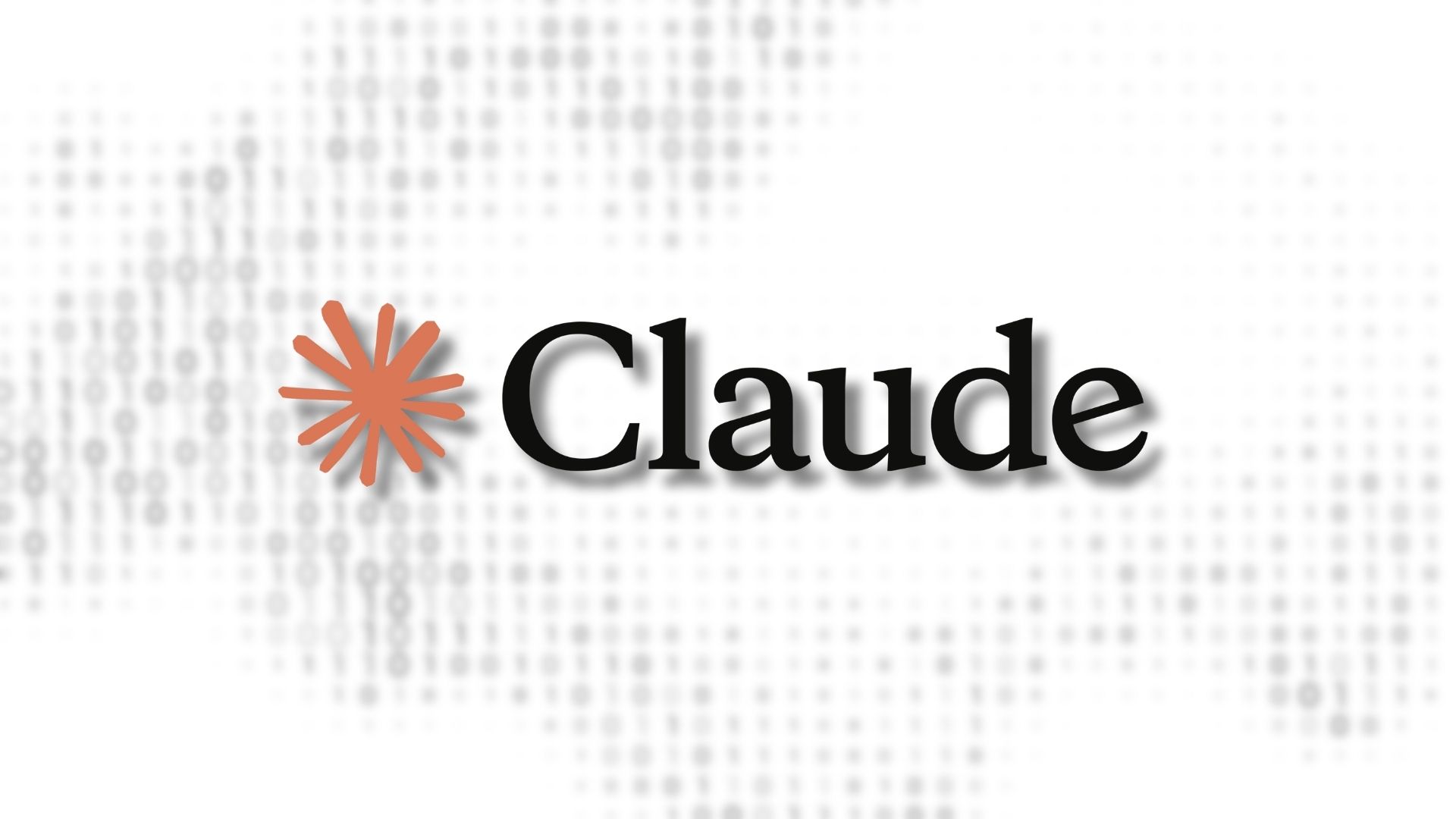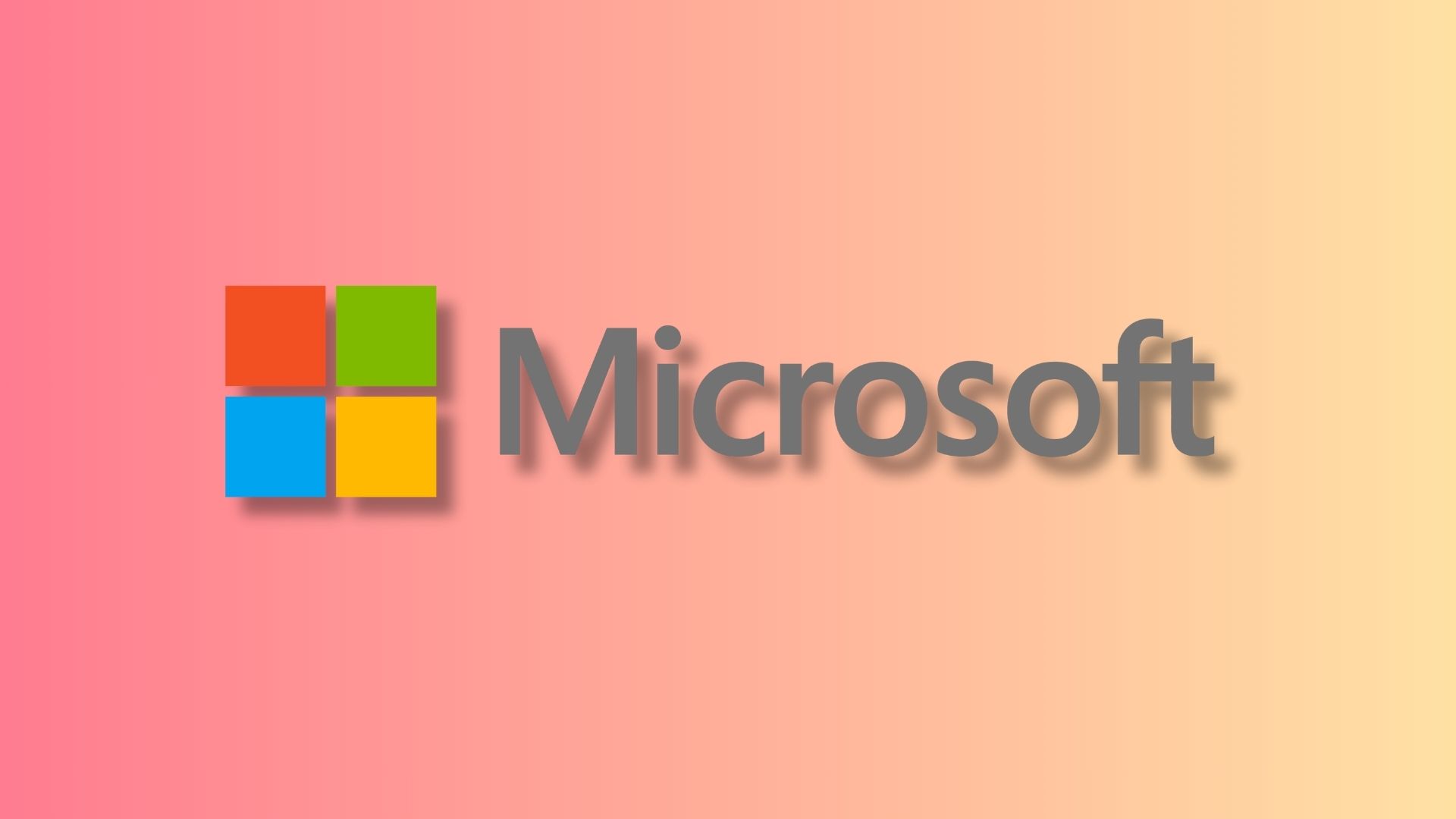Turkey’s ruling AK Party has introduced a bill in parliament to formalise cryptocurrency taxation and revise key tax and spending rules. The legislation links crypto taxation to Turkey’s Capital Markets Law and sets a clear framework for digital assets.
Under the proposal, regulated crypto platforms would withhold a 10% tax on gains quarterly, applicable to both individuals and companies, residents and non-residents. Transaction service providers are subject to a 0.03% tax, and investors on unlicensed platforms must declare gains annually.
The president would have the authority to adjust the withholding tax between 0% and 20%, depending on factors such as token type, holding period, issuer, or wallet type. Exemptions include VAT-free crypto deliveries and corporate tax changes for foundation university hospitals from 2027.
If approved, the crypto taxation provisions would take effect two months after publication, signalling Turkey’s first formal steps to regulate digital assets and integrate them into the national tax system.
Would you like to learn more about AI, tech and digital diplomacy? If so, ask our Diplo chatbot!










